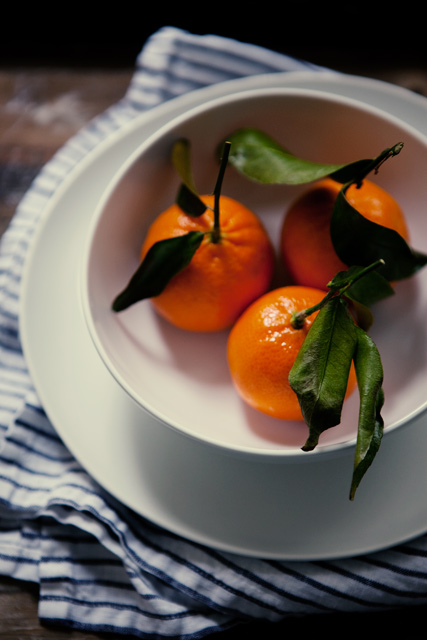I was aware my memory was flawed. The first year was flawed by passion and its attendant haze
typical in the first months of sex and shameless flirtations. The banality of habit and ritual
returned in the subsequent years, collapsing the months into what felt like a
massless blur of days. Yet, the
summers always stood out vividly.
I, like generations of my family,
was born and raised in Kings County.
I was a loyalist, and had never found occasion or desire to step outside
the five boroughs. My father was a
shoe repairman or a cobbler, as he would have it, just like his father had been
and his father before him and so on and so forth. We would often have lengthy discourses about the propriety
of using modern-day industrial glues on certain leathers and the lost art of
cordwaining—these conversations were almost always soliloquies. I began working part-time as a shoe
salesman at an Allen Edmonds boutique store when I went off to college in the
city, well aware that I had failed to escape the destiny of my predecessors.
She was the proverbial city girl, raised in a West Village
brownstone by a Wall Street lawyer father and an art director mother. Her family, and therefore she, was
never wanting, which afforded them the luxury of sating a wanderlust she had
caught early in her privileged life.
She was well-traveled by the time she went off to college, but
ironically, she lacked the escapist urge characteristic of girls her age and
settled with Columbia University.
She was a dancer and she was infinitely interesting.
She was the girl on my morning commute. The girl I had admired at a distance
and who had been a constant distraction from whatever book I happened to be
reading at the time. If she ever
noticed me in those first few weeks, she gave no indication of it. No, our love affair began as a solitary
endeavor. Reveries of our
encounter played out in my mind, and my heart rate jumped at the thought. My face would flush from embarrassment
as I jostled from my daydreams.
Maybe it was the quiet romance of The Great Gatsby, which I was rereading, but I became convinced that
we were fated to be together.
The reality was far less literary, but only in
hindsight. We chatted that first
time, about what I can’t recall, until the train pulled into her stop in
Morningside Heights. We had passed
my stop twenty minutes prior, but it didn’t matter. It went on like that for several weeks before I gathered the
courage to ask her on a proper date.
She smiled broadly and nodded.
Even Fitzgerald couldn’t have written a narrative more beautiful.
I was invited to her family’s ancestral home in Florida that
first summer. There were no
beaches or theme parks, only a citrus grove. The grove, which had been in the family since the turn of
the twentieth century, was once famed for producing the sweetest clementines in
Florida and was a wellspring for the family fortune. That fortune, along with most of the property, was largely
lost in the Great Depression. But
the vestiges of the citrus grove and the plantation-style home remained in the
family as a source of financial strain until her father was able to save it
with the early success of his law practice. The burden of maintaining an unsustainable grove persisted,
but her father refused to relinquish his childhood memories for the sake of
stability. It became their summer
home where they would spend six weeks every year. It was their annual trip to Florida that she would
anticipate the most—not Italy or Fiji or India, but Florida.
The idyllic greens and oranges and yellows were a startling
contrast to the gray of the only city I had ever known and loved. The first days were disconcerting, but
I soon became enthralled by the early morning walks through the grove, a fresh
cup of coffee in one hand, her in the other. There were late afternoon picnics with wine and a basket
full of freshly-picked clementines, when she would reminisce about her
childhood. Though she had spent
the majority of her life in the city, the setting of her stories was almost
always Florida and I remember realizing that I knew very little about her
childhood in any other context. We
made love, isolated among the trees and we would doze off in the shade, her
face pressed against my chest with only a layer of sweat separating us. Eventually, the prickling of the
Florida heat would get the best of us, and we would meander back to the house
and join her parents for dinner.
And so it went for six weeks every summer at that clichéd pace that
often accompanies pastoral life.
Back in the city, we carried on our individual and sometimes joint
existences.
She was yelling again.
I was still too distracted by the bowl of clementines to listen to the
content of, what I presume was a verbal assault of anger, sorrow, and
regret. I deliberated on the
appropriateness of eating a clementine at that moment. I looked at her, then beyond her
through the window I was facing and at the rooftop landing on the neighboring
building. A view of the skyline
was visible and the early evening lights were flickering on and I was reminded
why I loved the city so much.
Clementines would be my only reminder of Florida and those summers. I wondered when I had stopped caring.


